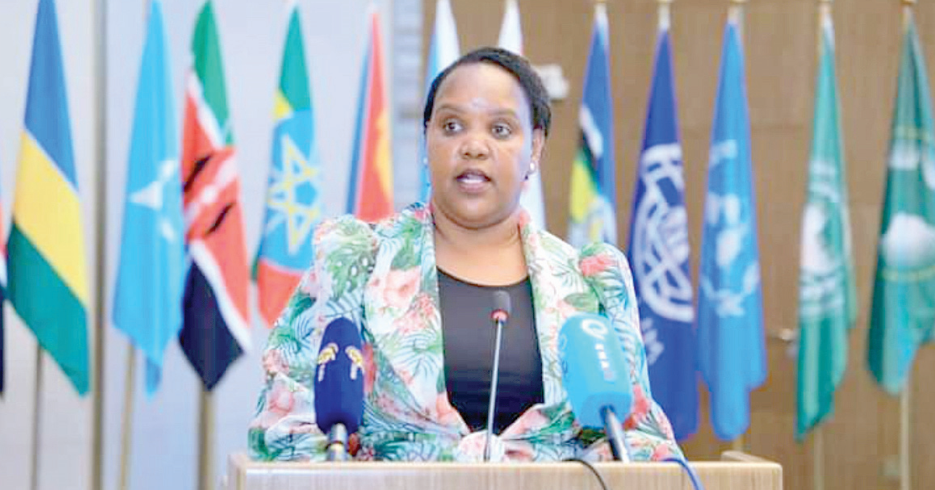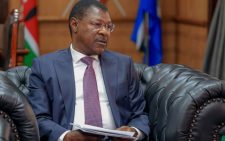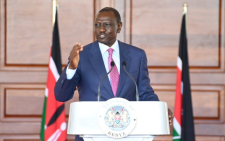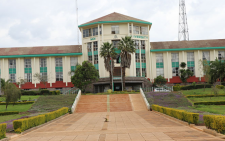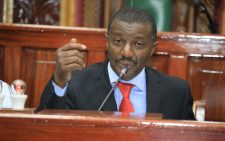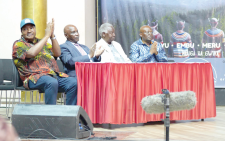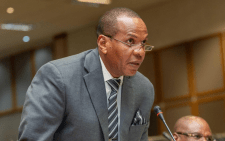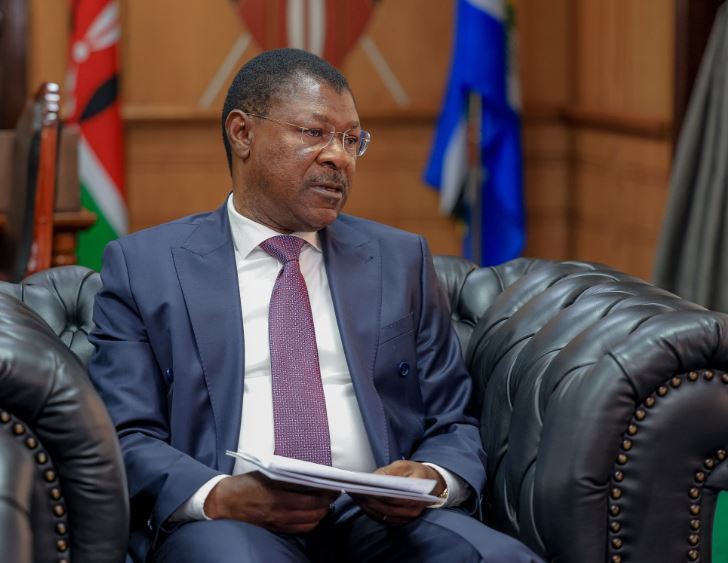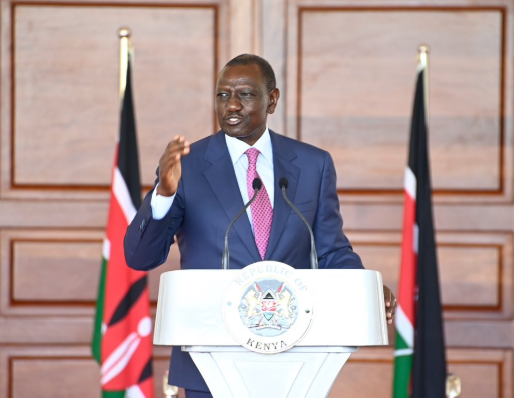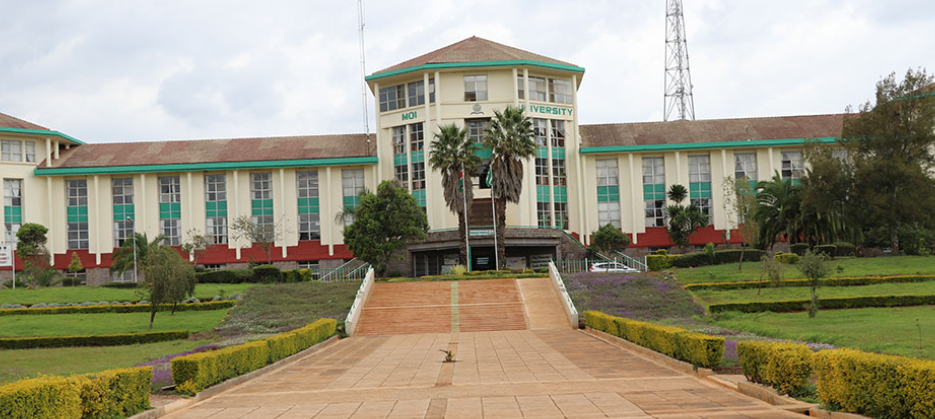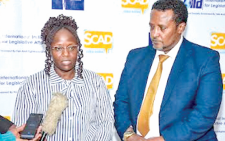The government is implementing a robust framework that will streamline the governance of labour migration and enable young migrants to access decent jobs, placing the country ahead of its peers in the East and Horn of Africa.
Through the Regional Ministerial Forum on Migration (RMFM) which Kenya helped to create in January 2020 and secured the pioneer chairmanship, various policies and programmes have been developed to address the plight of migrant workers moving within Africa and outside the continent.
Labour ministry says arising from Kenya’s participation in RMFM, the country has established strategies to protect the fundamental human, labour, and social rights of Kenyan migrant workers.
The country now has an operational distress reporting mechanisms established through a web portal under the National Employment Authority Integrated Management System (NEAIMS) and a toll-free line for migrants to air their grievances and complaints.
The country has further developed pre-departure orientation programmes for migrant workers, where up to 217,200 domestic migrant labourers have been trained on Homecare Curriculum Management.
“Towards ensuring and promoting ethical recruitment, the government has registered and licenced 529 private employment agencies to operate in Kenya as of February 2024,” Labour Cabinet Secretary Florence Bore said.
Bore added: “On return and re-integration programme, the country has established five migrant resource centres at the National Employment Authority to offer redress to returnees; and with support from the International Organisation for Migration (IOM) developed Standard Operating Procedures (SOPs) and guidelines to ensure the implementation of dignified return and sustainable reintegration programmes.”
The CS revealed that the country has also developed the Labour Migration Management Bill, 2024 which seeks to promote safe, ethical and orderly recruitment, as well as safeguard the rights and welfare of migrant workers including provision to establish the Kenya Migrant Workers Welfare Fund.
Ministry has established a Directorate of Labour Migration Management to coordinate labour migration issues as well as setting up a one-stop shop for Labour Migration Services in Kenya to provide all labour migration services in a centralised place and ease pre-departure processes for outbound migrant workers.
“We have signed four Bilateral Labour Agreements with governments of Qatar, UAE, Saudi Arabia and the United Kingdom (health care workers, and initiated BLAs with 22 countries, out of which five are African Member States,” the CS noted.
“The Government has been able to source for job opportunities in different countries of destinations particularly in the Health, Agriculture, Construction, Hospitality and Domestic sectors,” CS Bore stated in her statement during the fifth RMFM conference held last week in Addis Ababa, Ethiopia.
To curb irregular migration, unethical recruitment and human trafficking, the ministry has set up a Labour Migration Desk at the Jomo Kenyatta International Airport (JKIA) to ensure migrants are compliant with pre-departure procedures before exiting the country and upon return.
Bore noted that regional integration and cooperation on labour migration issues is critical and will require collective and concerted efforts by all the participating member States which are affected by the global economic slowdown.
The RMFM, which offers a platform for inter-State consultation mechanisms on migration, is made up of 11-member States which include Kenya, Burundi, Djibouti, Ethiopia, Eritrea, Rwanda, Somalia, South Sudan, Sudan, Tanzania, and Uganda.
Cooperatives Cabinet Secretary Simon Chelugui then serving in the Labour docket, was instrumental in the creation of the forum to provide a platform to the member States for experience sharing, consultation on issues, dialogue, and review and implementation of recommendations.
“We are now seeing a new scramble for Africa, this time not for our land, but for our skills. We have to therefore negotiate as a bloc for our people to receive maximum benefit from employment opportunities in foreign markets.
The starting point is for all of us to adopt the model rights based Bilateral Labour Agreement guidelines, and accept to approach the available markets as a bloc,” CS Chelugui said during the 5th East Africa Community Forum for Ministers responsible for Labour and Employment held in October 2021 in Tanzania.
He went on: “We need to align our social security laws so that we extend access to social protection and portability of benefits for workers across the region. Lack of portability of social security benefits within the EAC partner States robs migrant workers of the potential benefits of employment.”
IOM, which had convened the Addis Ababa meeting provided the RMFM technical expertise to help foster greater dialogue and cooperation on complex migration issues, across neighbouring states in the region through various means including sharing data and best practices to inform policies.
“While tens of thousands of migrant workers, many of them youth, seek opportunities in Europe and Gulf, a growing trend in the region indicates that intra-regional migration (migration within countries or within the region) remains dominant.
The forum also addressed challenges like climate displacement which has affected migration patterns in the region. IOM’s new global strategic plan emphasizes reducing the risks and impacts of climate change, which evidence shows is now a top driver of human mobility,” IOM said.

